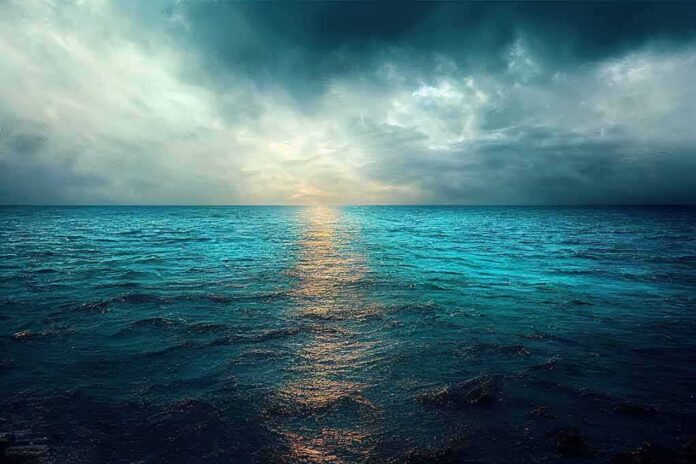
A remarkable maritime discovery challenges the narrative of government-led exploration, as citizen scientists uncover a “ghost ship” lost for nearly 140 years.
Story Highlights
- The F.J. King, a ship lost in 1886, was discovered by citizen scientists in Lake Michigan.
- The find underscores the impact of non-professionals in historical preservation.
- Modern technology played a crucial role in locating the shipwreck.
- The Wisconsin Historical Society is involved in preserving the site.
Discovery of the F.J. King
In an impressive feat of determination and modern technology, a team of citizen scientists and underwater archaeologists have located the F.J. King, a 144-foot wooden steam barge lost in a Lake Michigan storm in 1886. The ship, long considered a “ghost ship,” was found largely intact, contributing to both historical knowledge and local heritage. The team used sonar and remote-operated vehicles (ROVs) to locate the ship, which has been a part of local maritime lore for over a century.
The discovery was spearheaded by Brendon Baillod and his team of volunteer researchers. Their effort highlights the significant role that non-professionals can play in maritime archaeology, challenging the notion that such discoveries are solely within the realm of government agencies. This grassroots approach not only brings historical mysteries to light but also engages the public in preserving our cultural heritage.
Technological Advancements in Archaeology
The use of modern technology such as sonar and ROVs has revolutionized the search for historical shipwrecks, enabling discoveries like the F.J. King’s. These tools allow researchers to explore underwater sites with unprecedented detail and accuracy. The Wisconsin Historical Society, which has documented the site through 3D photogrammetry, underscores the importance of preserving such findings for future generations. This collaboration between citizen scientists and state authorities exemplifies a successful public-private partnership in heritage preservation.
The F.J. King’s preservation adds to the growing archive of Great Lakes shipping history. It also serves as a reminder of the power of community-driven initiatives in uncovering and preserving our past. With the site protected by state and federal law, the Wisconsin Historical Society plans to nominate the wreck for inclusion on the State and National Registers of Historic Places, ensuring its story continues to captivate future generations.
Implications for Heritage Preservation
The discovery of the F.J. King has far-reaching implications, both short-term and long-term. In the short term, it has sparked increased public interest in maritime history and underwater archaeology, with potential for tourism and educational programs. In the long term, it reinforces the importance of citizen science and public engagement in preserving cultural resources. This find also highlights the need for collaboration between amateur researchers and official bodies to protect and document such sites responsibly.
As debates continue over the balance between public access and preservation, the F.J. King stands as a testament to the enduring allure of maritime mysteries and the power of collective effort in solving them. The site not only enriches our understanding of Great Lakes maritime history but also serves as a catalyst for further exploration and preservation efforts in the region.
Sources:
YouTube Video on the Discovery












